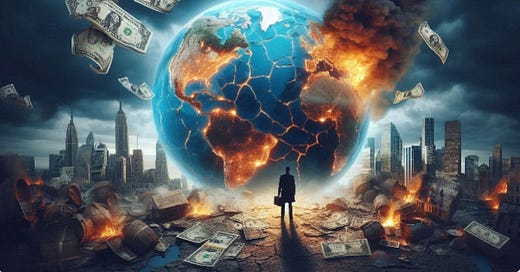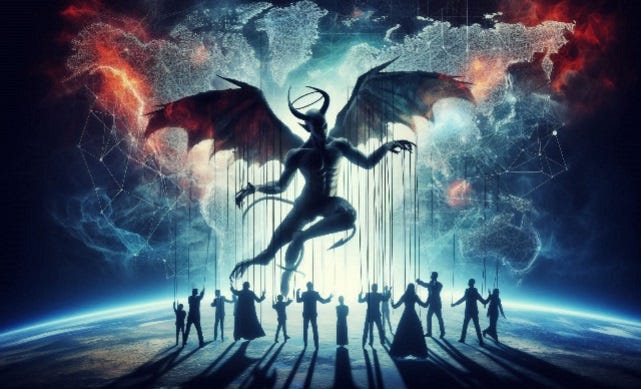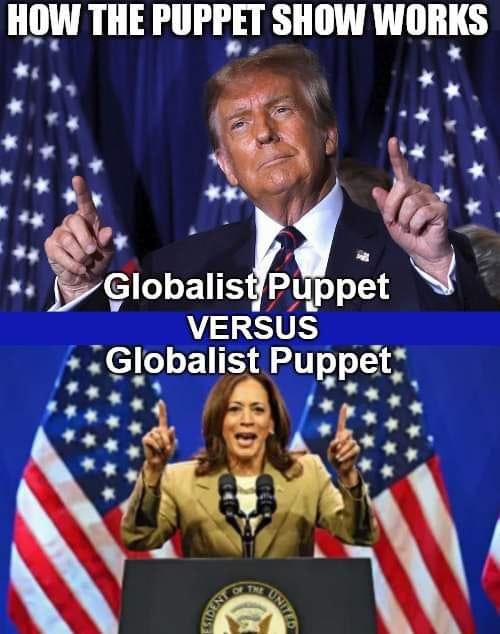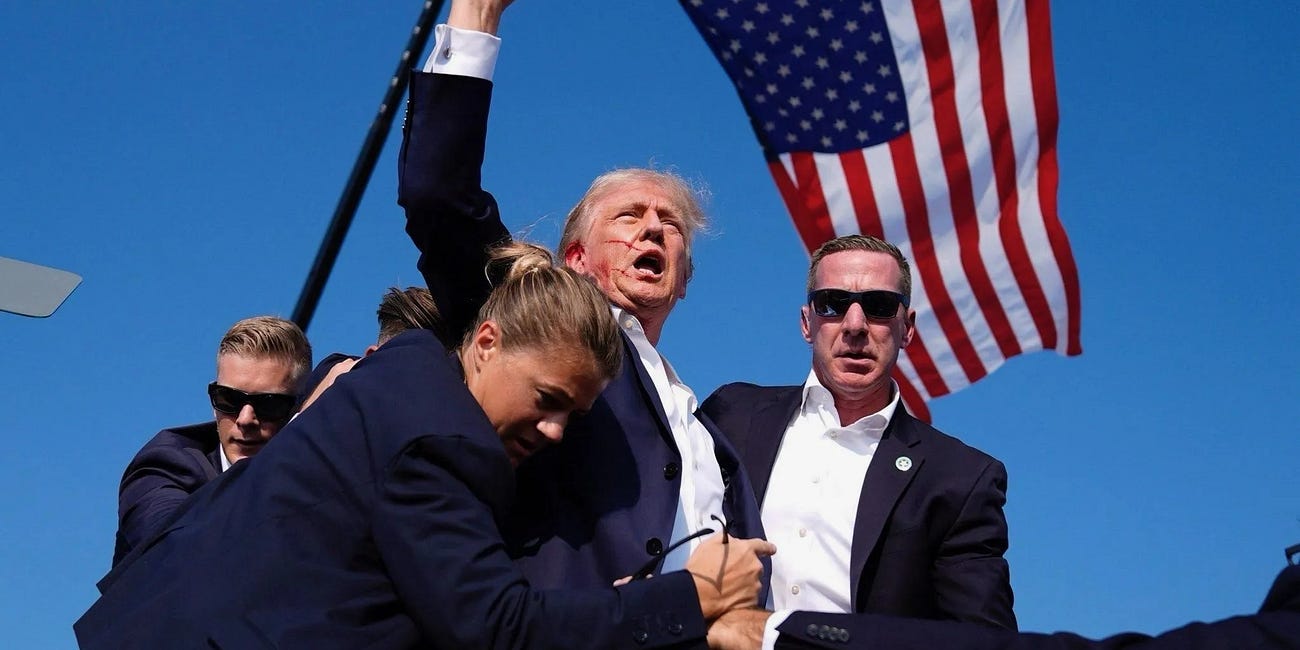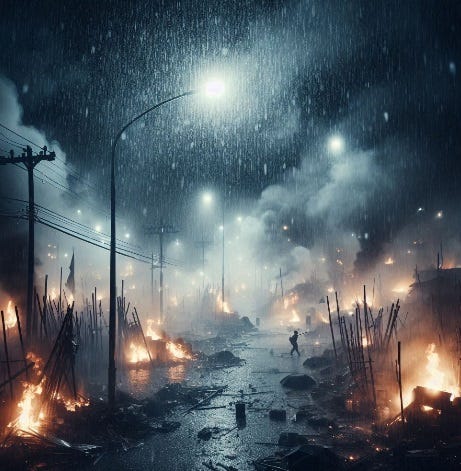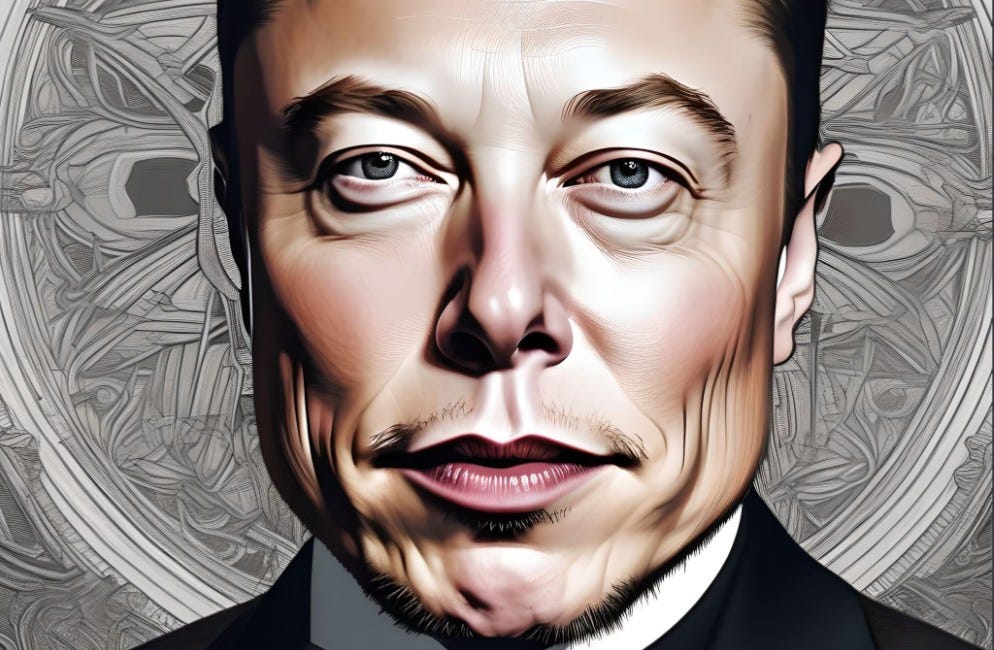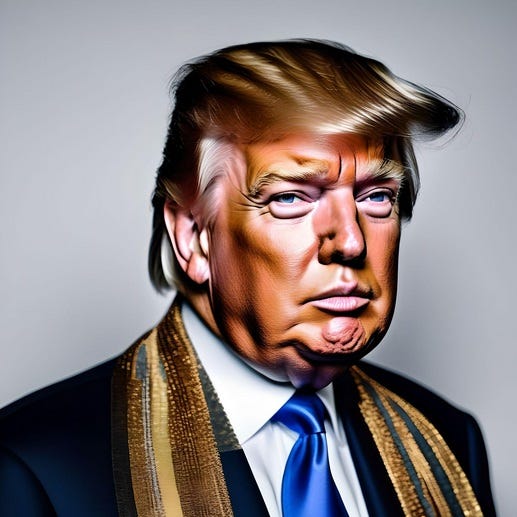"We’ve awoken today to a new world order, one in which dictators again find it permissible to impose their will on weaker neighbors by force". — Jordan Gans-Morse
BLUF: This post attempts to answer the following: Who wins the US Election? What happens next? Will there be civil unrest? How will the government respond? The markets? How will the EU be affected? How does this affect global dynamics?
Introduction:
In an increasingly complex political landscape, understanding the interplay of various factors becomes crucial for anticipating potential outcomes. This analysis explores the intricate web of predicates surrounding the 2024 U.S. presidential election, focusing on the implications of Donald Trump running against Kamala Harris amid a backdrop of information operations, social unrest, and geopolitical tensions.
As we navigate this scenario, it is essential to recognize how information operations—strategies designed to prime and condition public perception—play a significant role in shaping narratives. These operations often leverage media, social platforms, and public messaging to influence opinion and behavior, thereby manipulating the socio-political environment to achieve desired outcomes.
Furthermore, a foundational understanding of occult memetics—how ideas and symbols propagate within cultures—and the rituals associated with these concepts can provide deeper insight into the motivations behind certain actions and policies. Analyzing these elements in conjunction with the objectives of think tanks, the influence of governmental laws, and recent historical events adds depth to our predictive analysis.
By synthesizing these various dimensions, we can gain a clearer picture of potential future scenarios following the 2024 election, including the ramifications of civil unrest, economic instability, and the evolving political order. This multifaceted approach enables us to not only predict outcomes but also understand the underlying forces that drive these changes in our society.
Below is speculative predictive analysis predicated on numerous inputs, and refined to a shorter time-frame resolution, largely surrounding the US Presidential Elections.
Analysis: October 2024 - January 2025
Immediate Political Landscape
Trump's Victory and Election Certification Crisis:
Outcome: Trump wins the popular election in a landslide. Should Trump win the election amidst claims of fraud, it would likely trigger a severe political crisis. The refusal by Democrats to certify the election could lead to a constitutional impasse, as both parties claim legitimacy.
Public Reaction: This scenario could energize both pro-Trump and anti-Trump factions, resulting in widespread demonstrations. Supporters of Trump may rally around him, viewing his victory as a validation of their beliefs, while opponents may see the refusal to certify as a threat to democracy, leading to intensified activism and protests.
Kamala Harris and DNC Dynamics:
Outcome: If allegations involving Harris surface - tying her to P. Diddy’s crimes (sex trafficking, sexual assault, and claims of pedophilia), it could prompt her resignation or last-minute replacement as the Democratic candidate, resulting in instability within the party. The DNC might struggle to find a unifying candidate, leading to factionalism and further eroding party cohesion.
Implications: This upheaval could create an opportunity for more progressive or moderate candidates to emerge, fracturing the party’s traditional base and allowing for Trump’s landslide victory.
Civil Unrest and Social Dynamics
Escalation of Protests and Riots:
Outcome: Given the current socio-political climate, protests could escalate rapidly, especially in urban areas where grievances about police violence, systemic racism, and immigration policies are prominent. The potential involvement of immigrants, especially those in sanctuary cities, could further ignite tensions.
Government Response: Local police, already diminished by staffing shortages (defunding initiatives, vaccine mandates), might find themselves overwhelmed. The combination of angry protesters and insufficient law enforcement could lead to violent clashes, with violent agent provocateurs and heavy-handed tactics by law enforcement exacerbating the situation.
Police Response and Federalization:
Outcome: Federal agencies could be deployed to quell unrest, resulting in a more militarized police presence. The activation of federal law enforcement could lead to accusations of overreach and further inflame tensions between communities and the government.
Martial Law Considerations: In extreme cases, there might be calls for martial law in major cities, especially if civil unrest spirals out of control. This would likely be met with resistance, potentially leading to more widespread unrest and civil disobedience.
Economic Impact
Market Reactions:
Immediate Impact: Financial markets could react negatively to the uncertainty surrounding the election results and the ensuing civil unrest. An initial sell-off might occur, particularly in sectors sensitive to political stability, such as technology and consumer goods.
Long-Term Effects: If unrest continues, businesses could face operational disruptions, leading to broader economic consequences, including layoffs and reduced consumer spending. Investor confidence might plummet, causing long-term damage to the U.S. economy.
Impact on the Dollar
Potential Decline: Political crises in the United States could significantly undermine confidence in the dollar as the world's primary reserve currency. As the political landscape becomes increasingly polarized, perceptions of instability may drive nations, particularly those in the BRICS coalition, to introduce alternative currencies based on digital monetary systems. This shift could reduce reliance on the dollar for international trade. The emergence of a dual monetary system, featuring interoperable digital currencies from both BRICS and Western nations, could further entrench geopolitical divisions and reshape global economic dynamics.
Global Repercussions: A declining dollar may lead countries to reevaluate their currency reserves, prompting a shift away from dollar dependency and resulting in significant economic realignments. This could create increased volatility in foreign exchange markets, driving down the dollar's value and contributing to inflationary pressures within the U.S. economy. As commodities priced in dollars—such as oil and gold—experience price spikes, global supply chains and consumer costs could be adversely affected. Ultimately, these dynamics may catalyze the emergence of a polarized global economy reminiscent of the Cold War, solidifying distinct geopolitical blocs and exacerbating conflicts over resources and influence, thereby setting the stage for a new Hegelian dialectic in international relations.
Global Implications
International Reactions:
Geopolitical Concerns: Allies may express alarm over U.S. political stability, potentially affecting military alliances and diplomatic relations. Nations like NATO members may question the U.S.'s ability to lead on security issues amid domestic chaos.
Escalating Conflicts: Ongoing conflicts, such as the Israel-Hamas situation and the Ukraine-Russia war, could escalate if U.S. attention is diverted by domestic issues. This might embolden adversaries and lead to more aggressive actions in these regions.
Energy Crisis in the EU:
Impact of Migration and Instability: The EU's energy crisis, exacerbated by migration challenges and geopolitical tensions, could worsen as the U.S. faces its own instability. Energy prices might surge, leading to economic hardships across Europe and increasing pressure on U.S.-EU relations.
Long-Term Outcomes
Potential for a New Political Order:
Emergence of New Movements: Depending on how events unfold, the crisis could catalyze the rise of alternative political movements or parties, with citizens seeking new solutions to systemic issues. This could lead to a realignment of political ideologies in the U.S.
Increased Authoritarian Measures: In the name of stability, the government would likely enact stricter laws and measures, curtailing civil liberties and leading to a more authoritarian regime.
Societal Divisions:
Deepening Polarization: The scenario could deepen societal divisions, with a growing chasm between pro-Trump and anti-Trump supporters. Misinformation and propaganda may further entrench these divisions, creating a fragmented national identity.
Community Relations: Trust in institutions and community cohesion could erode, making it difficult to bridge divides or foster dialogue between opposing sides.
Final Thoughts:
The analysis presented is grounded in years of intelligence analysis experience across multiple fields, combining insights from political science, economics, social dynamics, and historical trends. This extensive background has informed a successful predictive track record, with an accuracy rate exceeding 80% in recent years. Such a success rate underscores the effectiveness of evaluating complex systems and identifying potential outcomes based on existing data and emerging patterns.
However, it is crucial to recognize that the scenario outlined is not a deterministic forecast. Rather, it represents one of many potential probabilities shaped by current trajectories and prevailing thought trends. The future remains fluid, and various factors—social movements, policy decisions, and collective human actions—can significantly alter the course of events.
Moreover, the notion that we are reality creators cannot be overstated. Humanity possesses the collective ability to manifest a better future through intention and focused thought. As we engage with and respond to the challenges ahead, it is vital to remember that thought itself can create a thought form construct, which, when energized with intention, can manifest in the physical world. By cultivating a shared vision of positive change, we can steer societal outcomes toward a more harmonious and equitable reality. In this light, the analysis serves not only as a reflection of potential futures but also as a call to action for collective agency in shaping a desired path forward.
Related Posts:
The Great Work Revealed: How Hidden Bloodlines and Secret Societies Advance Lucifer's Cosmic Plan
“The conspiracy is not a theory but a reality. It is a well-orchestrated plan that has been in motion for centuries, designed to bring about a global totalitarian state.” — William Guy Carr
October Surprise - Black Swan Event Incoming?
“The inability to predict outliers implies the inability to predict the course of history.” – Nassim Nicholas Taleb
Digital IDs are Upon Us
"Those who desire to give up freedom in order to gain security will not have either one.” — Banjamin Franklin
Is Kamala Harris the Harlot of Babylon?
“One of the seven angels who had the seven bowls came and said to me, “Come, I will show you the punishment of the great prostitute, who sits by many waters. With her the kings of the earth committed adultery, and the inhabitants of the earth were intoxicated with the wine of her adulteries.” — Revelations 17:1-2
Attempted Trump Assassination - Oddities
"Whenever the people need a hero we shall supply him" — Albert Pike, 33rd Degree Freemason
Is Civil War a Planned Event - Like Covid?
"Those who make peaceful revolution impossible will make violent revolution inevitable." — John F. Kennedy
Dry Run or Real Event - Nuclear Threat
“…The chance of a single nuclear detonation in a metropolitan, big metropolitan area has become more likely…” - Hal Kemper
Elon Musk ties to the Occult & Starlink's Nefarious Purpose
Matthew 24:24 (NIV): "For false messiahs and false prophets will appear and perform great signs and wonders to deceive, if possible, even the elect."
Total Eclipse of 2024 - Pending Disaster?
As we approach April 8th, 2024 numerous MSM articles have come out warning populations of school closures, activation of emergency services, possible communication challenges, and to stockpile food, water, and gasoline. This is an unusual response for a solar eclipse.
Is Trump's Agenda the Globalist Agenda?
Hegelian thinking affects our entire social and political structure. The Hegelian dialectic is the framework for guiding our thoughts and actions into conflicts that lead us to a predetermined solution. - Collective Evolution
Are We Headed for a New Dark Age?
“The Internet, among its many, many virtues, is also a weapon of mass destruction.”

